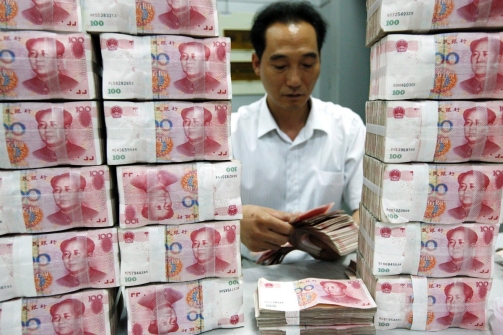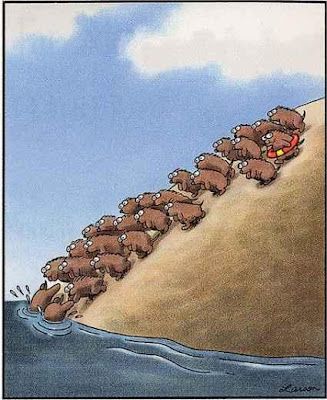Freedom for Sale is the best synopsis of the recent collapse of
restraints on government power. John Kampfner, the editor of Britain’s New
Statesman, traveled the world seeking to answer the question: why have freedoms
been so easily traded in return for security or prosperity?
Kampfner
begins his tour in Singapore, where he was born. Lee Kuan Yew’s 30-year reign
as prime minister begat an authoritarian regime that combined high economic
growth with endless petty impingements on personal liberties. Lee’s sense of
entitlement to power knew no bounds—he even chose spouses for senior government
workers and dictated how many children they should have. With immaculate
streets and the world’s highest rate of executions, Singapore earned the
nickname “Disneyland with the death penalty.”
While
many Americans know that chewing gum is illegal in Singapore, they are unaware
that until recently oral sex was punishable by two years in prison. The
government has almost totally repressed political opposition. When journalists
or others criticize, they are bankrupted by volleys of defamation suits.
Kampfner notes, “People confide only in their good friends here; meaningful
opinion polls do not exist.” But as long as the economy has boomed, there has
been little or no resistance to authoritarianism.
Kampfner
spent two stints as a journalist in Russia, one before and one after the fall
of the Berlin Wall. He writes, “The West’s overall approach during the 1990s
was a mix of condescension, ingratiation, and insensitivity.” Perceived U.S.
government meddling in Georgia in late 2003, which helped install Mikheil
Saakashvili in power, was a turning point for the Russians, compounded by the
U.S. intervention in the Ukrainian election the following year.









.jpg)




.jpg)







